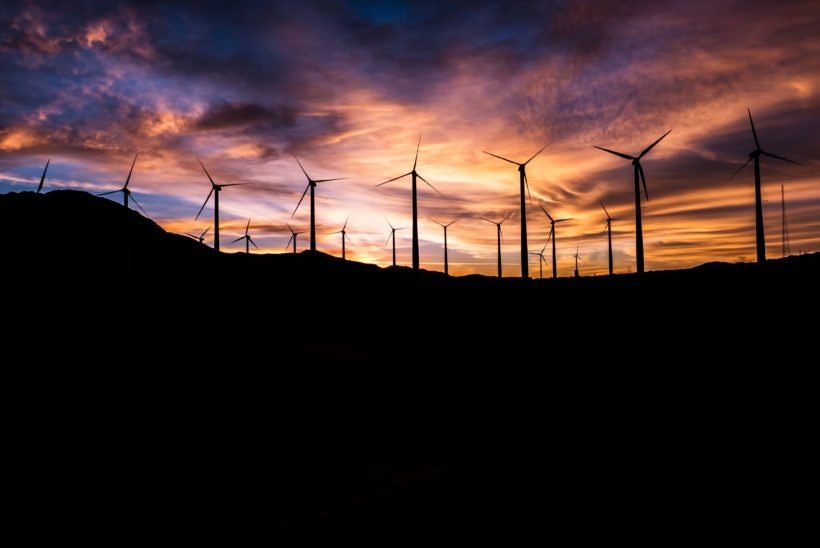Sustainable energy produces a fraction of the carbon emissions of its fossil fuel counterparts, while also ensuring future generations will have access to cleaner energy and environment. Their low-carbon output and ability to promote sustainable development makes the wide-spread implementation of renewable energy one of the biggest targets for a multitude of countries worldwide. A key part of the United Nations’ Sustainable Development Goals as well as an integral part of climate change mitigation policies, sustainable energy is set to power the future. This being said, sustainable energy does create some waste, albeit on a much smaller scale than fossil fuel power generation.
For example, the environmental impacts associated with solar and wind power are mainly the need for land and the subsequent habitat loss from the construction of these energy farms. However, responsible environmental surveys ensure any impact is minimal, while also taking into account the reduction in greenhouse gases production presented by their addition to the energy grid. Comparatively, extracting fossil fuels such as coal, oil, and natural gas, has a massive impact on the environment on both a local and global scale. The processes involved in the production of fossil fuels can damage public health, endanger wildlife and release large amounts of greenhouse gases into the atmosphere even before they are burnt to create energy.
Although there are some impacts associated with renewable energy, they do not compare to that of fossil fuels, and provide much more benefits. Sustainable energy provides clean energy at a fraction of the cost without irreparably damaging the environment.

